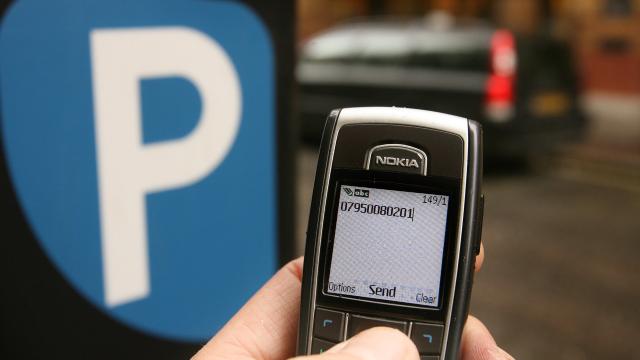The notorious Florida Man is at it again, this time allegedly placing nearly 100 million robocalls offering fake travel deals, according to the Federal Communications Commission.
Photo: Getty
Bloomberg noted the accused robocaller, Adrian Abramovich of Miami, testified before the US Senate Committee on Commerce, Science, and Transportation Wednesday in an effort to fight the charges and get the FCC’s proposed fine of $US120 million ($154 million) reduced or dropped.
The alleged spammer apparently made 96 million spoofed calls during a three-month period, making him one of the most prolific and annoying robocallers of all time. The calls tempted the listener with “exclusive” travel deals from travel companies including Marriott, Expedia, Hilton and TripAdvisor. If the recipient engaged with the robocall, they would be transferred to foreign call centres where live operators would attempt to sell them holiday packages and timeshares.
Abramovich isn’t denying making the calls, per se. He acknowledged to the committee, which had summoned Abramovich to the hearing by serving him a subpoena, that he had knowledge of open source software and auto-dialling services that “can be misused by someone to make thousands of automated phone calls with the click of a button”.
Instead, Abramovich argued that his role as “the kingpin of robocalling” has been overstated because the majority of his spam messages were simply ignored. According to his testimony, 96 per cent of the calls were “less than one minute” and less than two per cent of people “had any meaningful interaction” with the calls.
“The majority of those calls do not bother anyone,” Abramovich argued.
That’s a pretty questionable assertion that most folks who have been on the receiving end of an unsolicited robocall would probably disagree with. A report published last year by the US Federal Trade Commission revealed the government agency received 4.5 million complaints about robocalls in 2017. Robocalls are also the top consumer complaint received by the FCC.
The automated calls have become the scourge of the phone-owning public thanks to new technologies that not only make it easy to call thousands of people in a matter of seconds but also allow spammers disguise those calls with local phone numbers using call spoofing. According to the Robocall Index, there 3.2 billion robocalls placed in the US in March 2018. That’s nearly 10 calls per person affected.
Even if the massive fine against Abramovich stands – a penalty that he almost certainly cannot afford to pay – it’s unlikely to put so much as a dent into the unstoppable slew of robocalls. Abramovich’s three-month operation would have accounted for just three per cent of the robocalls placed in the US in March alone.
When approached for comment about Abramovich’s testimony, a spokesperson for the FCC told Gizmodo the agency “cannot comment on pending enforcement actions”.
In written testimony submitted yesterday, Rosemary Harold, the Chief of the Enforcement Bureau of the FCC, said the agency is working with the telecommunications industry to adopt call authentication, a tool that would securely “sign” calls to ensure the caller ID isn’t being spoofed.
Telecom companies including AT&T, T-Mobile, Comcast and Verizon plan to unveil new robocall blocking technology at the Stop Illegal Robocalls Expo in Washington, DC, later this month. Until then there are a slew of apps and services, including the Do Not Call Registry, that can help curb the unsolicited calls.
